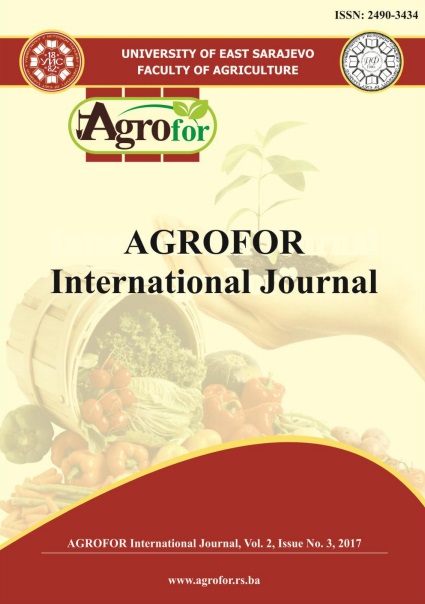GREENPRENEURSHIP AT THE BASE OF THE PYRAMID: A SMALL SCALE COMMUNITY-BASED AFFORESTATION PROJECT IN INDONESIA
DOI:
https://doi.org/10.7251/AGRENG1703020SAbstract
Approximately 41% of the Earth’s land surface is covered by drylands that
supports 36% of the world’s human population. In Yogyakarta Province, Indonesia
53% of the province is covered by drylands in which the driest regency, Gunung
Kidul that occupies nearly 47% of the province, is covered by 70% agricultural
dryland. Despite the phenomena of forest degradation activities for agricultural
developmet by large corporation, nearly abandoned agricultural drylands such as in
Gunung Kidul Regency exists all over Indonesia. Such drylands have not attracted
large investors nor government to develop into agricultural activities due to
economic reasons. This research explored a community based afforestation project
being carried out by the support of social investors and academic researchers,
virtually without involvement of the government. Among other, teak is one of only
few plantations that could grow in such dryland areas and being the core
competency of local farmers. The basic arrangement between the investors and
farmers was mudharabah revenue sharing as an alternative to conventional pay-incash
to land owners and smallholder farmers. The economic benefits of the
program were valued by using enterprise budget method by considering the capital
investment and operating expenses in which cost inflation and teakwood prices
increases were incorporated. This research proved that the community-based
teakwood afforestation activities along with mudharabah revenue sharing in
marginal drylands could fairly improve the wealth of all stakeholders in the
program.

